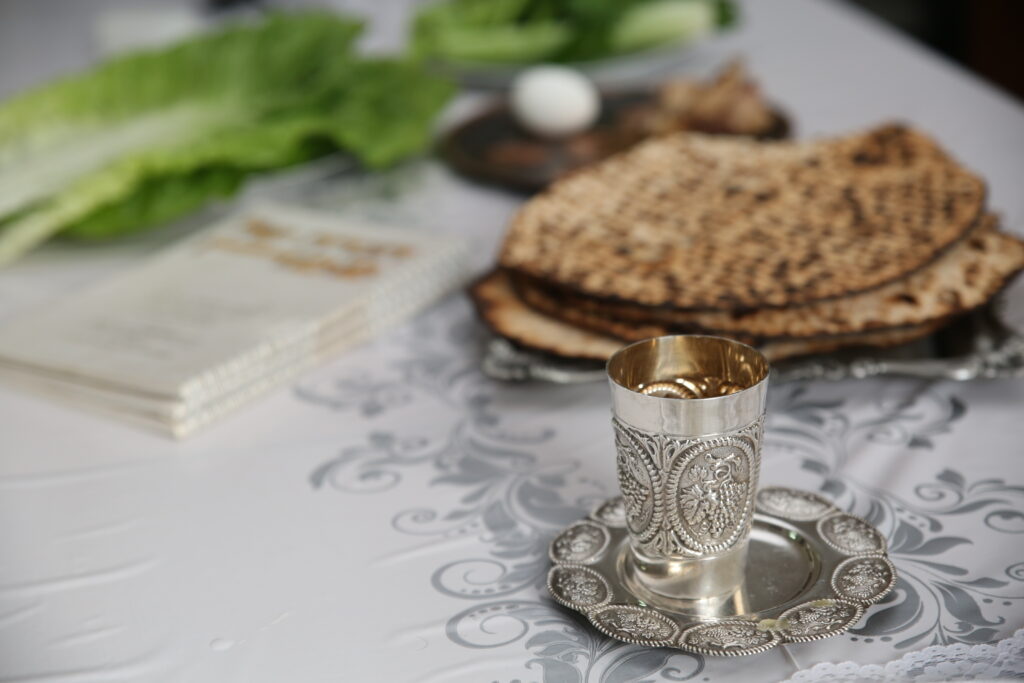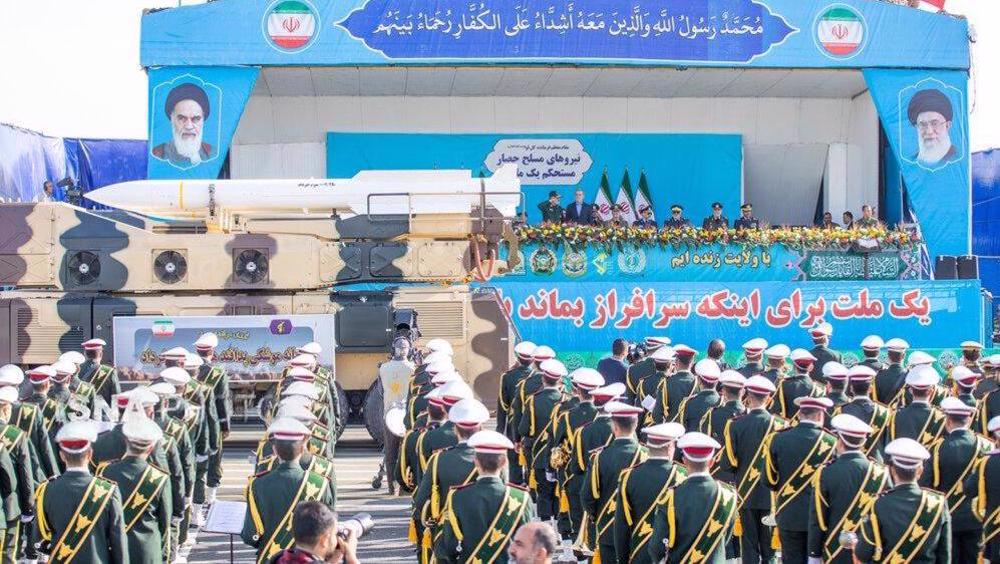UPDATES
Media Week – Centre for Conflict; Panning partisan posturing; ‘Imbalanced’ article
November 4, 2011 | Jamie Hyams
Centre for Conflict
Jake Lynch, Director of the Centre for Peace and Conflict Studies at the University of Sydney, criticised his university for holding a research forum between Israelis and Australians. He told Imre Salusinszky, “The university risks sustaining reputational damage if the forum goes ahead. It risks being seen as condoning the complicity by Israeli universities in Israel’s breaches of international law and indirectly raises problems with the university’s social inclusion policy,” (Australian, 25/10). Salusinszky reported that, in a letter to the university’s Deputy Vice Chancellor, Lynch “says the forum is contrary to the university’s social inclusion policy, which requires it to reach out to students in western Sydney. He says most Muslim students live in the west and feel ‘a sense of resentment and alienation resulting from the predominance of pro-Israeli voices in Australia’s political and media discourses’.” Lynch, who is also an executive member of the Sydney Peace Foundation, which awards the Sydney Peace Prize, seems to have a very skewed notion of what peace actually entails. As Salusinszky reported the following day, even Izzat Abdulhadi, head of the General Delegation of Palestine in Australia, opposed calls for the cancellation of the forum, saying, “We encourage professional co-operation between Palestine, Australia and Israel.”
Panning Partisan Posturing
The Australian (27/10) editorialised against Lynch’s stance, and against the violent BDS campaign against Max Brenner chocolate shops, which Abdulhadi also opposed. It stated, “An enlightened exchange of ideas must not be held hostage to partisan posturing over a conflict where there is plenty of blame to share around. This newspaper, along with the Palestinian and Israeli leaderships, supports a two-state solution for Israel and Palestine. While the anti-Israel protesters often focus on Israeli settlements outside the 1967 borders, they avoid any criticism of Palestinian actions. Resolution of this conflict cannot occur without considering how Israel’s complete withdrawal from Gaza was greeted only with a menacing stream of deadly rockets targeting its citizens. While Arabs in Egypt, Libya, Syria and Bahrain have taken to the streets demanding an end to tyranny and a say in their own affairs, their sympathisers in the West have assailed chocolate stores, railing against the Middle East’s only established democracy. Israel is a place where Arabs already have a vote, and continue to hold seats in parliament.”
‘Imbalanced’ Article
In the wake of the Gilad Shalit prisoner swap, Maher Mughrabi, a foreign news editor of the Age, wrote an opinion piece (25/10) in which he railed against Israel’s taking of, and treatment of, Palestinian prisoners, and claimed that the disparity in numbers had nothing to do with “morality and everything to do with another imbalance between the two sides – that of power.” The imbalance Mughrabi chose to ignore was that, while Shalit was a soldier legitimately defending his country, many of the Palestinians released were terrorists guilty of murder. He also overlooked various statements from terrorists to the effect that a weakness of the West, or of Israel, is that the terrorists love death the way their enemies love life.
Jamie Hyams
Tags: Australasia





